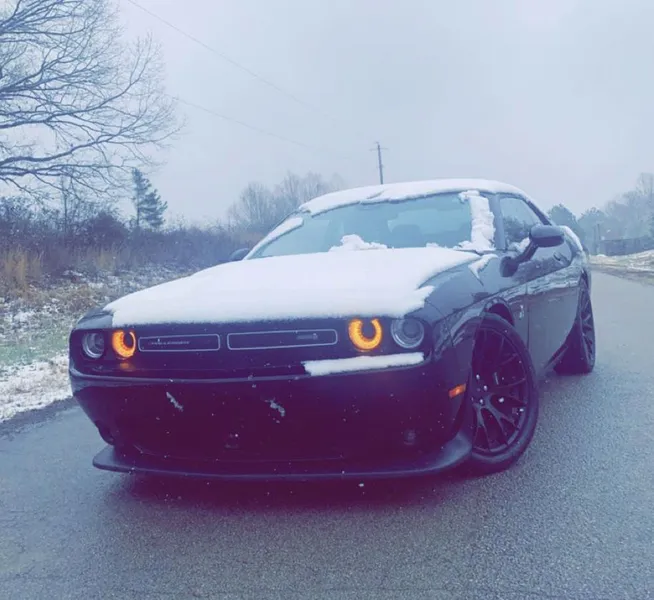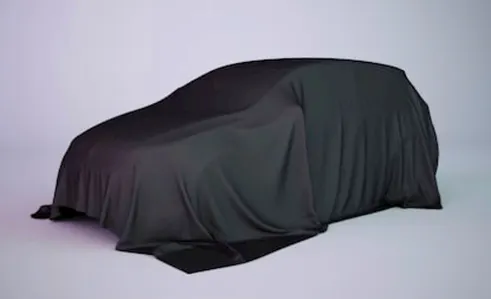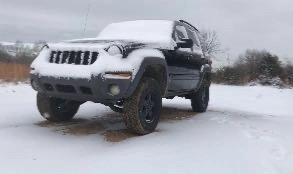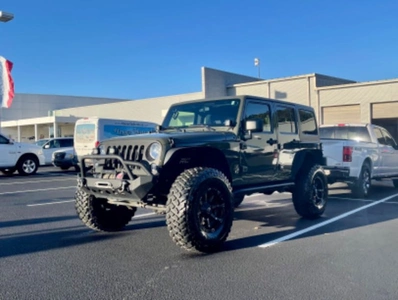Sudden extreme cold weather can wreak havoc on your car’s engine. An overnight or sudden cold snap can put your car at risk of breaking down. If you are still in the middle of winter’s reach, or if the area of the country you live in is prone to getting one last hooray from Old Man Winter himself, the following tips are great for making sure your car is protected from any damage that may be heading your way.
- Battery – A bad battery is one of the most common reasons for a car breakdown. A depleted battery or a faulty connection to the battery is more than likely the culprit of leaving you stranded. Periodically examine your battery cables and connections and make sure they are tight and corrosion-free. If your battery case is swollen or cracked, take it to your service station or dealer service dept and let them check it as soon as possible.
- Tires – Cold air temperatures can lower your tire's air pressure and can affect your car’s handling and stopping capabilities. Make sure you are checking your tire pressure monthly and even more frequently when temperatures change drastically. Make sure you are filling your tires to the appropriate level by using the manufacture's guidelines located on the tire itself or on your driver’s side door jamb.
- Oil – Cold weather can thicken your engine oil and change its viscosity, causing it to travel slower through your car’s engine. Consult your car owner’s manual to make sure you are using the right oil during the winter months.
- Belts & Hoses – Cold winter weather can cause belts and hoses to harden and crack. Damaged belts or a leaky hose could affect your car's efficiency and could lead to an overheated engine and costly repairs.
- Coolant/Antifreeze – It is a good habit to check your car's antifreeze level every time you fill up your gas tank. Running out of coolant or antifreeze could lead to disastrous damage to your car’s engine.
- Windshield/Wipers/Wiper Fluid - Freezing temperatures can cause small cracks or chips in your windshield to run and spread faster. Routinely inspect your windshield and keep your windshield fluid tank full with the appropriate freeze protection fluid. Examine and replace your windshield wipers if the rubber is dry, cracked, or coming off. Avoid flying debris like stones, ice, and asphalt from other vehicles by staying back from them, especially snowplows.
- Emergency Kit - Always travel with an emergency kit, fully stocked in the trunk of your car. Some items that you want to consider adding to your kit include a jump starter (charged), cell phone battery (charged), tire chains, sand or kitty litter, flashlight, a small shovel, ice scraper, rags, blankets, emergency lights, or flares, bottled water, and snacks.
Monitor your local weather forecast and be prepared for a sudden shift in weather patterns so that you can best protect your car and your commute.











